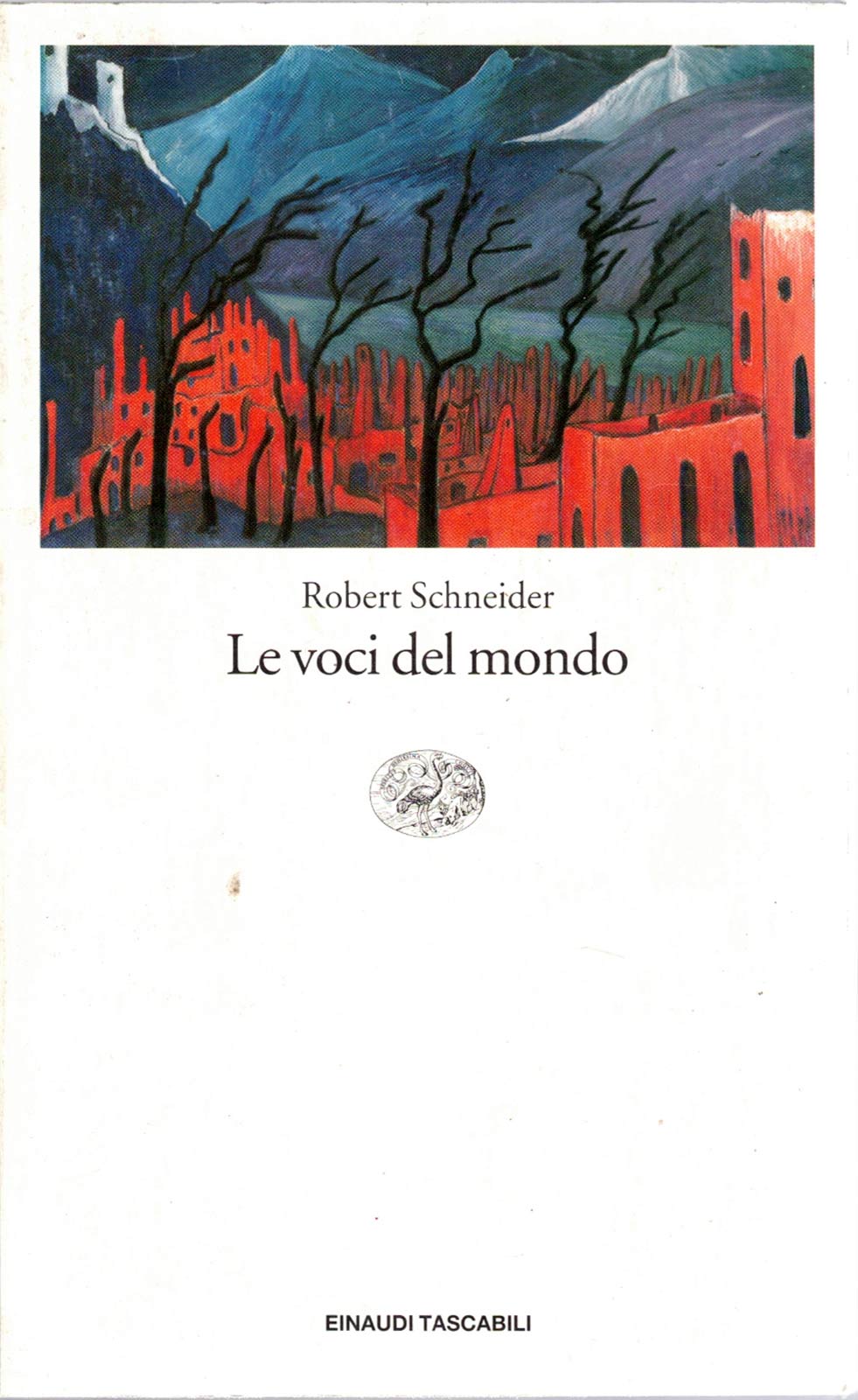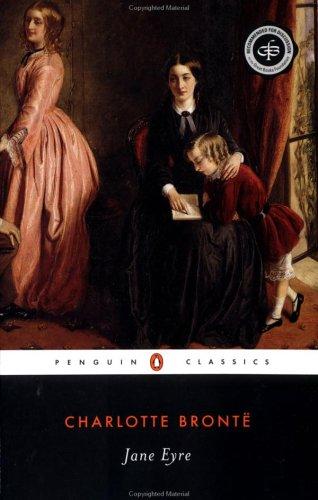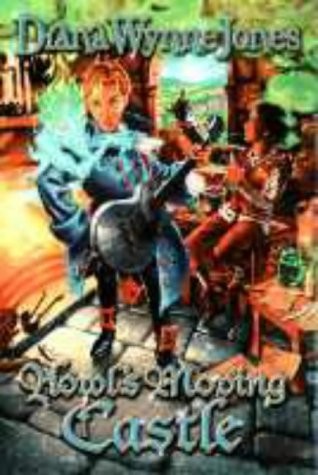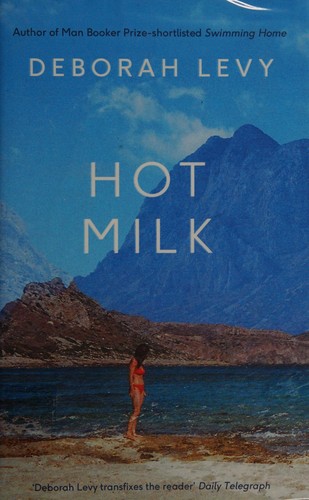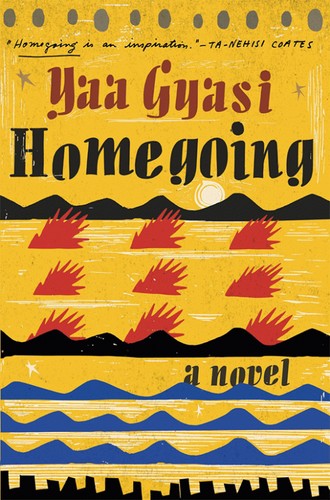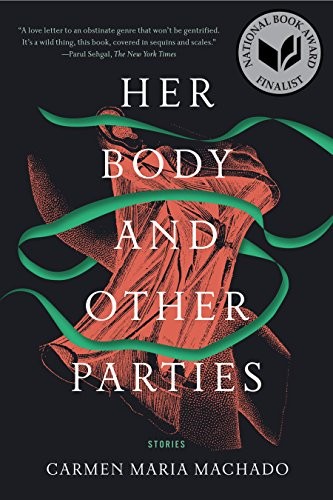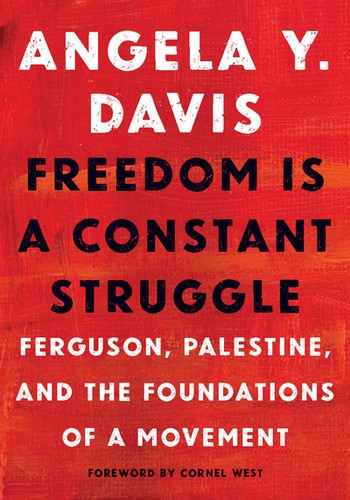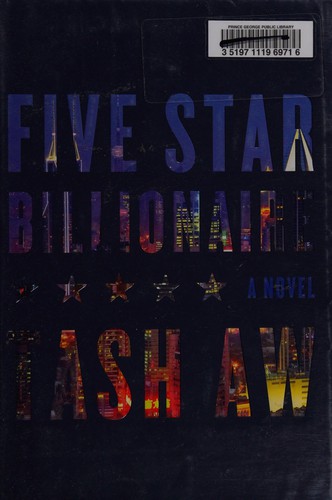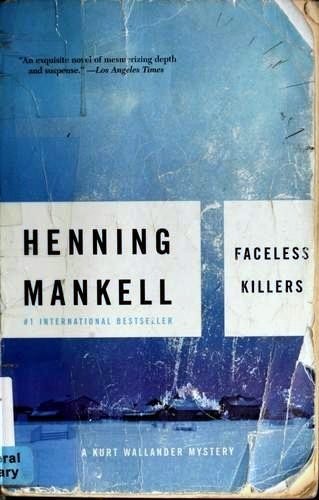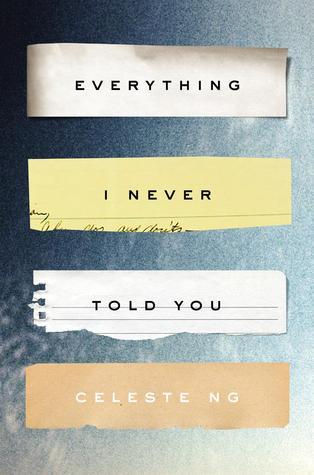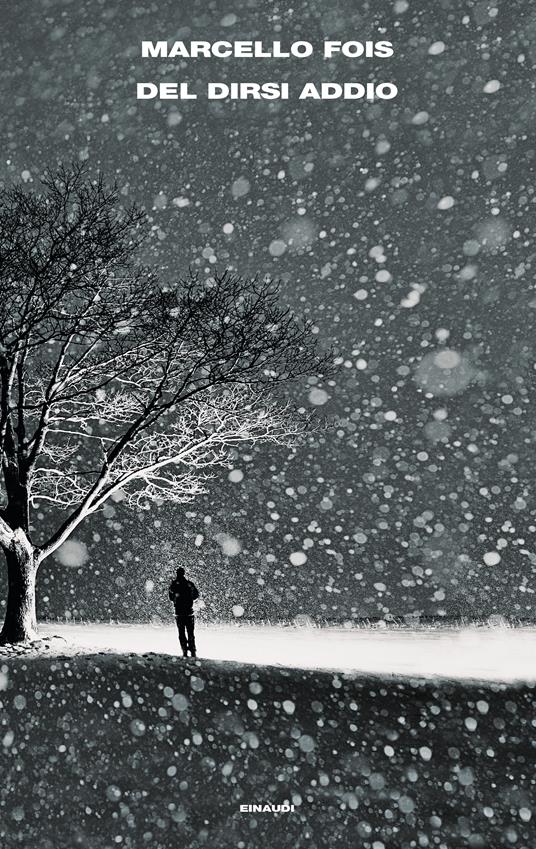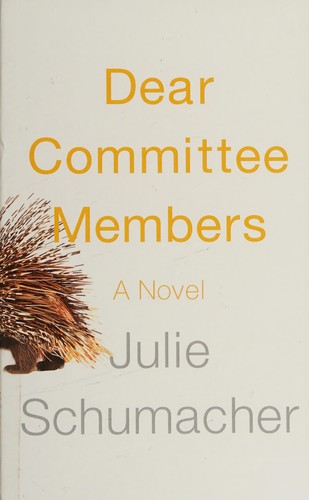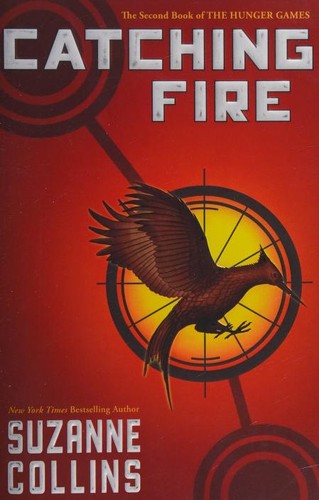ralentina reviewed Le voci del mondo by Robert Schneider
An Alpine dystopia
3 stars
Sometimes I enjoy a book, but I cannot help the feeling that I have read it before. Usually it isn't that the storyline is unoriginal, but something about the tone, the characters, or the atmosphere. To give Robert Schneider credit, he manages to write something that feels radically new, it seems to me. The story itself (the hopeless love of an ununderstood outsider for 'his' girl) was, for me, not as memorable as its settings: a small village in the Austrian Alps. Being from the "Italian Tyrol", they were familiar to me, and it was an interesting experience to find 'my places' (relatively speaking) in a book: it doesn't happen often. Portraying life 'as it used to be' in small mountain community, Schneider striked an unlikely balance between nostalgic tribute and sinister dystopia.

